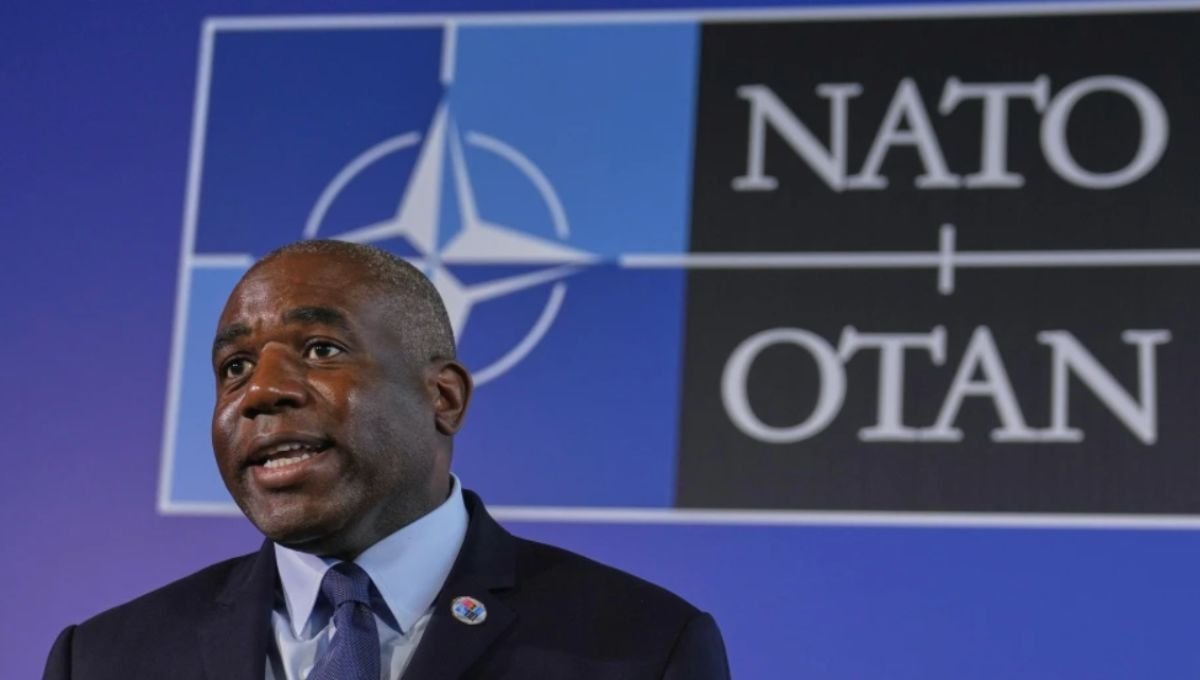The UK government reported on Tuesday that while China’s efforts to spy on, destabilize, and interfere with Britain’s economy and democracy have intensified, Beijing remains a crucial economic partner for the UK.
Foreign Secretary David Lammy emphasized that “China’s power is an inescapable fact” and that cutting ties with the world’s second-largest economy is not feasible. He presented findings from the government’s “China audit” to lawmakers, highlighting that China is the UK’s third-largest trading partner and the second-largest source of international students for British universities. Lammy stressed that China will continue to play an important role in supporting the UK’s economic growth.
The Labour government initiated a comprehensive review of UK-China relations soon after coming into office nearly a year ago, aiming to balance economic interests with national security concerns. While many details of the review remain classified for security reasons, a summary was released as part of the government’s broader national security strategy. The document notes an increase in Chinese espionage, democratic interference, and threats to economic security in recent years.
Despite growing tensions, the government stopped short of labeling China as a threat equal to Russia, describing it instead as a “geostrategic challenge.” China is still viewed as a key partner in addressing global issues such as climate change, health, and economic stability. The government affirmed its commitment to fostering trade and investment that promotes secure and resilient economic growth, while acknowledging major areas of disagreement, including human rights and cybersecurity, where friction is expected to continue.
The opposition Conservatives criticized the government’s approach, with Foreign Affairs spokesperson Priti Patel calling it “naive,” and lawmaker Harriet Cross describing China as “at best unreliable and at worst hostile.”
Relations between the UK and China have cooled since a brief “golden era” in 2015 under former Prime Minister David Cameron. This shift followed allegations of spying and cyberattacks, China’s clampdown on freedoms in Hong Kong, and its support for Russia’s invasion of Ukraine.
The government’s review was part of a broader national security update reflecting a tougher stance in an increasingly dangerous global environment. Prime Minister Keir Starmer’s administration, along with NATO allies, has pledged to raise security spending to 5% of GDP by 2035, including 3.5% for defense and 1.5% for wider security and resilience. Currently, the UK spends 2.3% of its national income on defense, with plans to increase this to 2.6% by 2027.
Also Read:
Getty Images Battles Stability AI in UK Copyright Case Set to Shape AI Industry













